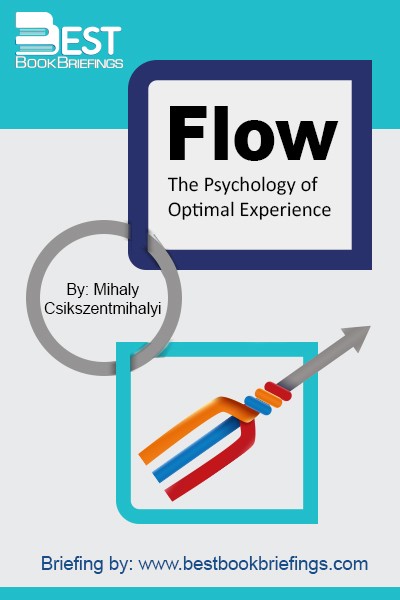Flow
The Psychology of Optimal Experience
Number of pages: 336
Publisher: Harper Perennial
BBB Library: Psychology and Strengths
ISBN: 9780061339202
Editorial Review
Happiness is not something that happens. It is not the result of good fortune or random chance. It is not something that money can buy or power command. It does not depend on outside events, but rather, on how we interpret them. Happiness, thus, is a condition that must be prepared for, cultivated, and defended privately by each person. People who learn to control inner experience will be able to determine the quality of their lives, which is as close as any of us can come to being happy. Therefore, happiness cannot be pursued; it must ensue as the unintended side-effect of one's personal dedication to a course greater than oneself. Indeed we all have experienced times when, instead of being buffeted by anonymous forces, we do feel in control of our actions, masters of our own fate. On the rare occasions that this happens, we feel a sense of exhilaration, a deep sense of enjoyment that is long cherished and that becomes a landmark in memory for what life should be like.
Book Reviews
Books on Related Topics
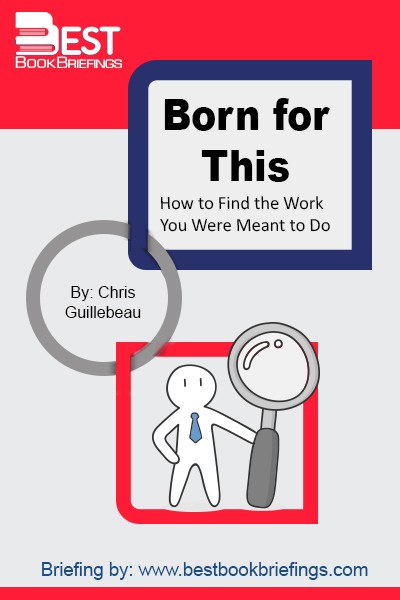
Finding the work you were “born to do” isn’t just about discovering your passion. Those who jump out of bed excited to go to work every morning don’t just have jobs that turn their passions into paychecks. They have jobs where they also can lose themselves for hours in the flow
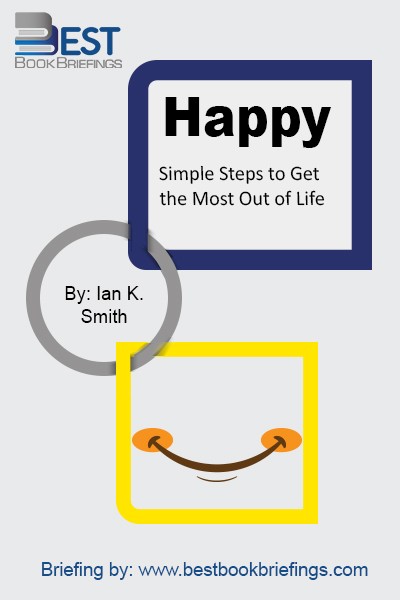
Achieving ultimate happiness means owning it. Too often we allow other people or situations to control our quest for happiness; a disobedient son, a losing battle against weight gain or feelings of loneliness. But the key is how well you control the impact of those disappointments have on your overall happiness.
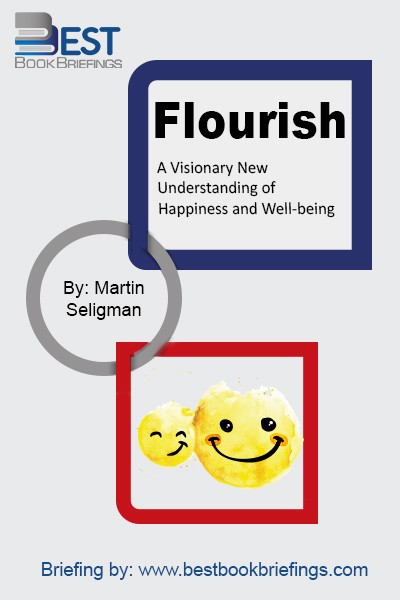
Flourish builds on Dr. Seligman’s game-changing work on optimism, motivation, and character to show how to get the most out of life, unveiling an electrifying new theory of what makes a good life—for individuals, for communities, and for nations. In a fascinating evolution of thought and practice, Flourish refines what Positive Psychology is
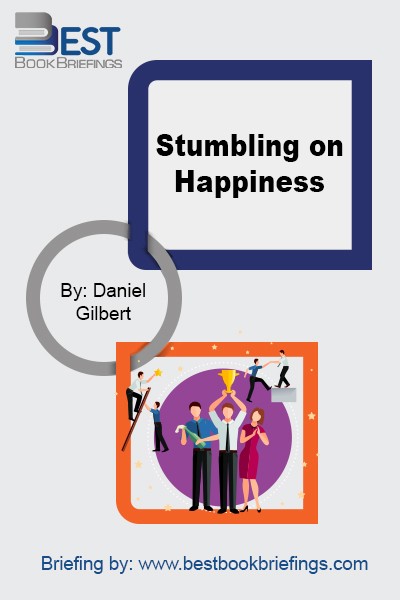
We treat our future selves as though they were our children, spending most of the hours of most of our days constructing tomorrows that we hope will make them happy. Rather than indulging in whatever strikes our momentary fancy, we take responsibility for the welfare of our future selves. In fact,
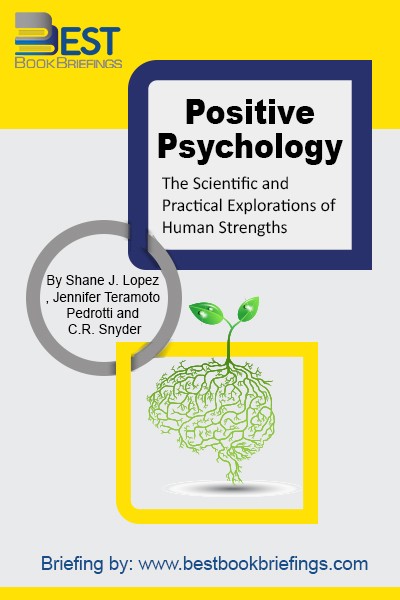
Positive psychology is the study of what Robert F. Kennedy calls, “the things in life that make it worthwhile.” In this regard, however, imagine that someone offered to help you understand human beings but in doing so, would teach you only about their weaknesses. As far-fetched as this sounds, a similar
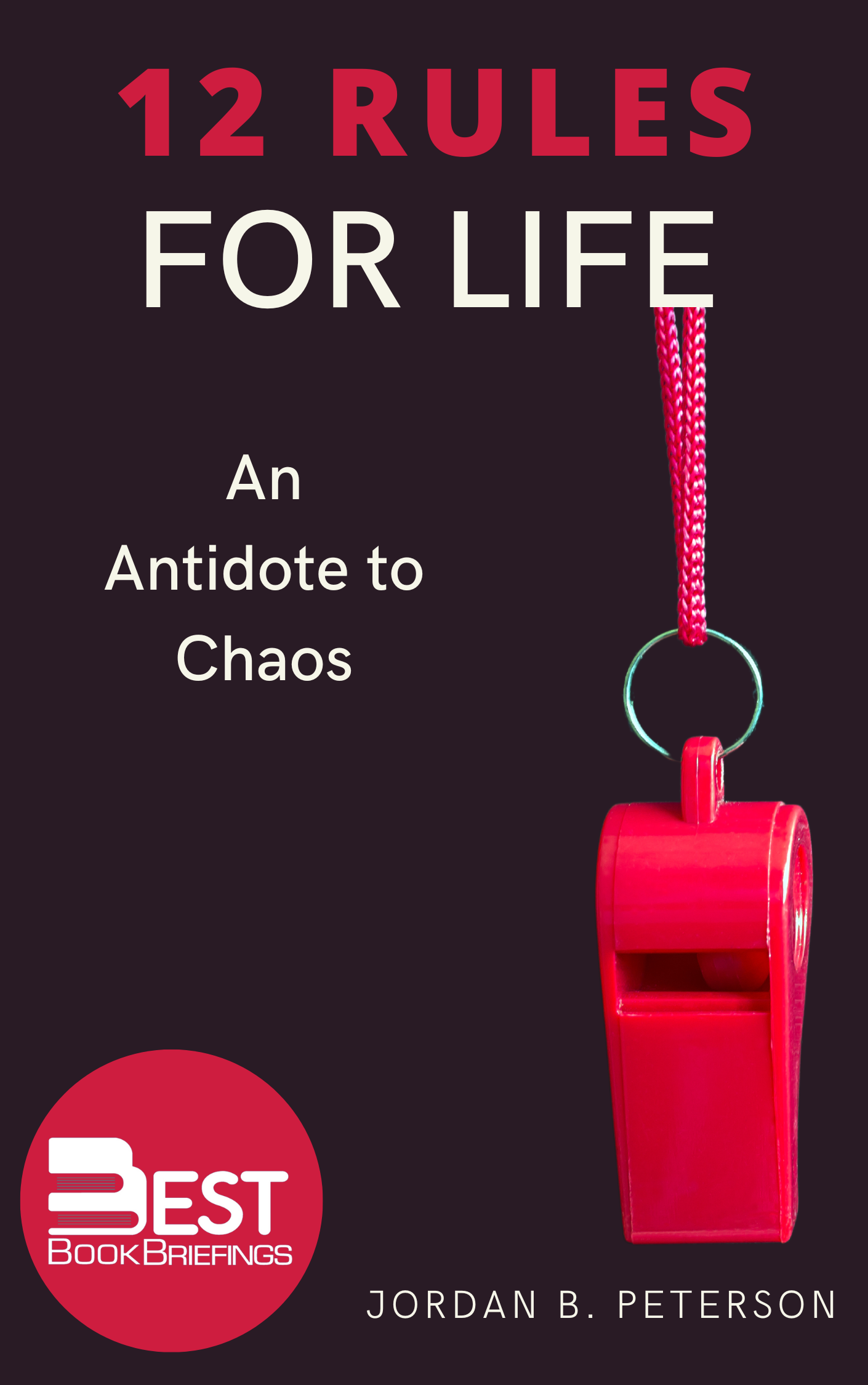
Humorous, surprising, and informative, Dr. Peterson tells us why skateboarding boys and girls must be left alone, what terrible fate awaits those who criticize too easily, and why you should always pet a cat when you meet one on the street. What does the nervous system of the lowly lobster

